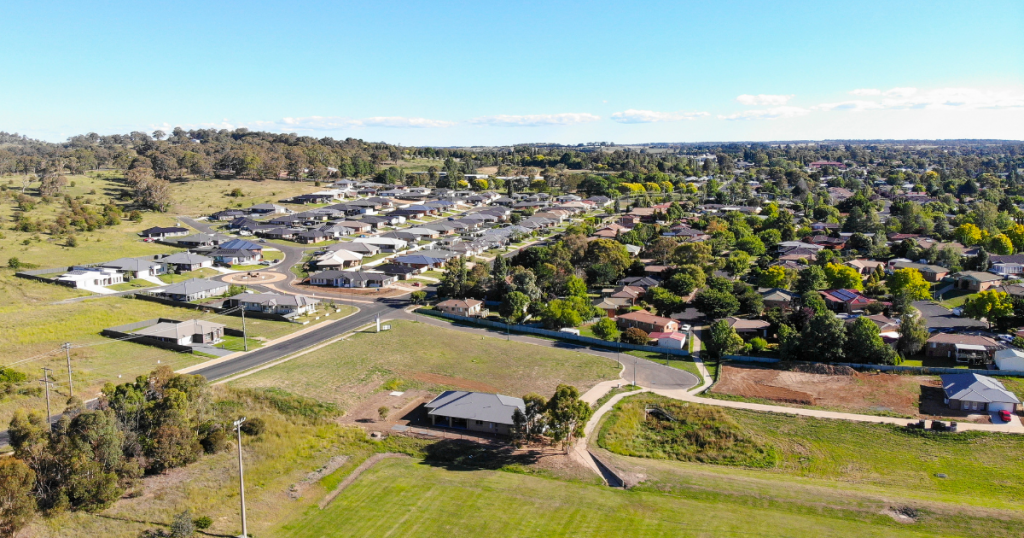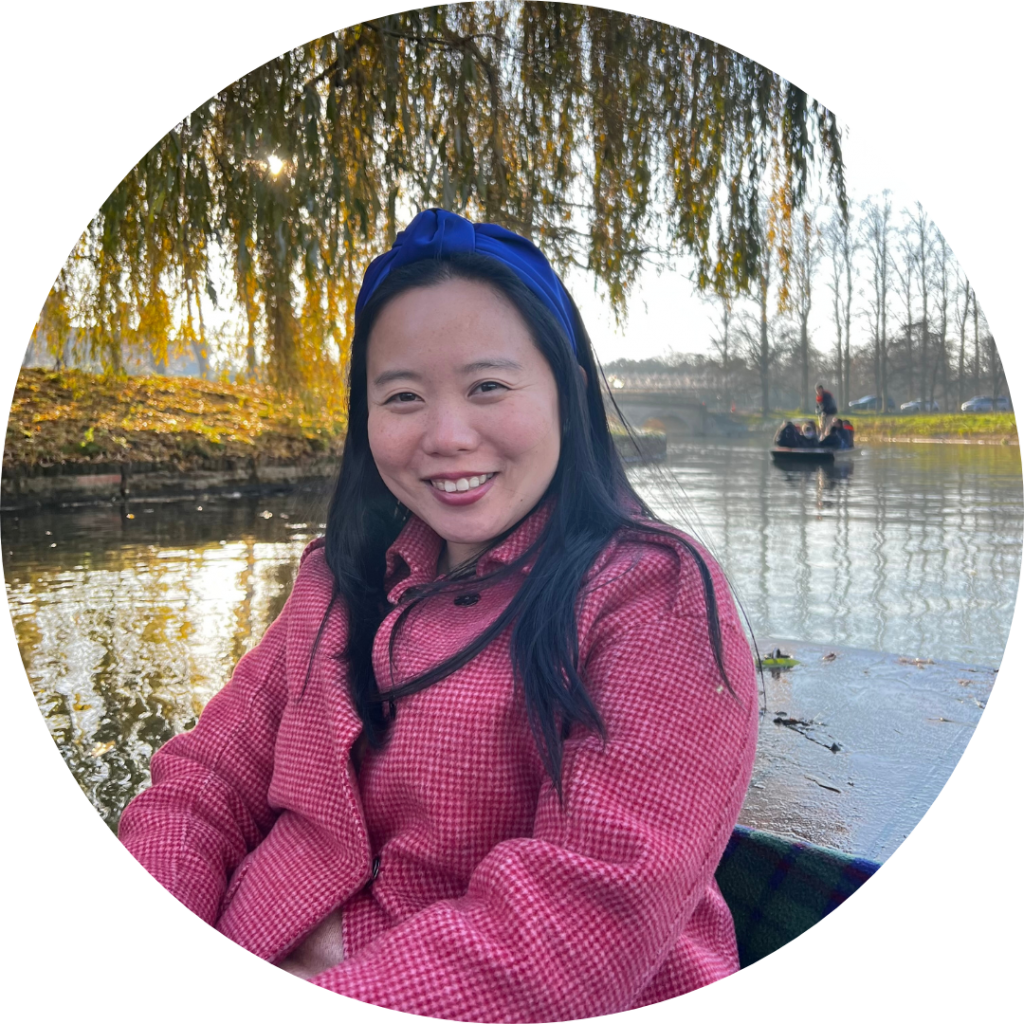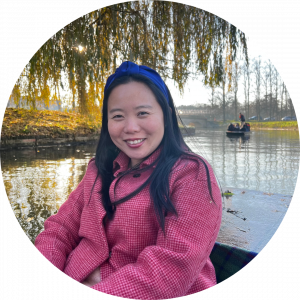UniSQ HREC Approval number: ETH2023-0073
Research team contact details
Student Investigator Details Principal Investigator and Supervisor
Ms Phillippa Hamilton Professor Andrea Lamont-Mills
Email: [email protected] Email: [email protected]
Mobile: +61 438 974 444 Telephone: +61 7 3812 6159
Description
This project is being undertaken as part of a Bachelor of Science (Honours) (Psychology) program through the University of Southern Queensland. The purpose of this project is to better understand mental health practitioners’ knowledge and attitudes towards suicide, self-harm, and online spaces as suicide prevention places. To do this, we need mental health practitioners like yourself to participate in this study.
The findings of this study will be used as part of an Honours thesis and in academic outlets such as journal articles, conference presentations, and book chapters. A summary of findings will be sent to the Australian Psychological Society, the Psychotherapy and Counselling Federation of Australia, the Australian Counselling Association, and the Australian Association of Social Workers. A summary will also be sent to all university psychology, counselling and social work schools/departments.
Participation
To participate in this project, you need to be either:
- A registered psychologist in Australia (AHPRA provisional, general, or area of endorsement registration); OR
- Studying a Masters level psychology degree; OR
- Be a social worker; OR
- Studying an undergraduate or Masters level social work degree; OR
- Practicing as a counsellor; OR
- Studying a counselling degree that leads to practice as a counsellor; AND
- You must also be currently working with clients. If you are a student, you must be currently seeing clients as part of a university placement or have seen clients within the past 12 months as a part of a university placement.
Complete Survey
Your participation in this project will involve you completing an online survey comprising of up to 125 questions that will take approximately 10-20 minutes of your time. You are able to complete the survey at a time and location that is convenient to you, and you are able to stop and start the survey if you need to take a break from answering questions. Questions will include demographic questions (e.g., age, gender, education), practice related questions (e.g., typical client population, how many clients you have treated with lived experiences of suicidality and/or self-harm), and self-harm and suicide knowledge and attitude questions.
Your decision to participate or not is entirely voluntary. If you do not wish to participate, you are not obliged to do so. You will only be able to withdraw data that you have provided if you include your contact details when you complete the survey. If this is the case and you do wish to withdraw your data from this project at any time, please contact the Research Team (contact details at the top of this form). If you choose to participate in this survey anonymously you will not be able to withdraw your data once you have clicked the submit button.
Your decision whether you take part, do not take part, or take part and then withdraw, will in no way impact your current or future relationship with the University of Southern Queensland, any member of the research team, or any organisation you are associated with.
Expected benefits
It is expected that this project may not directly benefit you. However, there is potential future benefit in terms of better understanding the perceived barriers to working with those at-risk of self-harm and/or taking their own life so as to improve access to quality care for vulnerable individuals when and where it is needed. There is the potential for the study to be indirectly beneficial to you through improved training and professional development opportunities. This may be through the better embedding of knowledge and clinical skills relating to suicide and/or self-harm into training curriculum and through professional development aimed at de-bunking common self-harm and/or suicide myths. Study insights have the potential to change how we treat these most vulnerable clients through improved understandings and skills.
Risks
In participating in the questionnaire there are minimal risks such as discomfort and unease. Sometimes thinking about the sorts of issues raised in the questionnaire can create some uncomfortable or distressing feelings. If you need to talk to someone about this immediately, please contact:
Beyond Blue 1300 22 4636
Beyond Blue chat www.beyondblue.org.au/support-service/chat
SANE Australia 1800 18 7263
SANE Chat www.sane.org/services/helpcentre/content/2
SANE email www.sane.org/contactus
You may also wish to consult with your local general practitioner and/or psychologist/counsellor or EAP provider.
Privacy and confidentiality
All comments and responses are confidential unless required by law. As this is an anonymous survey, such that you are not required to include your name or contact details to participate.
If you wish to access a summary of the project results, you can either include your contact details at the end of the survey and the Principal Investigator will email you a summary report when the study is completed. If you do not wish to include your contact details, you can contact the Principal Investigator after the 31st of December 2023 and request a summary of the results.
Any data collected as a part of this project will be stored securely, as per University of Southern Queensland’s Research Data and Primary Materials Management Procedure.
Consent to participate
Selecting the box below, ‘I have read the information provided above and wish to continue with the survey,’ is accepted as an indication of your consent to participate in this project.
Questions
Please refer to the Research team contact details at the top of the form to have any questions answered or to request further information about this project.
Concerns or complaints
If you have any concerns or complaints about the ethical conduct of the project, you may contact the University of Southern Queensland, Manager of Research Integrity and Ethics on +61 7 4631 1839 or email [email protected]. The Manager of Research Integrity and Ethics is not connected with the research project and can address your concern in an unbiased manner.









